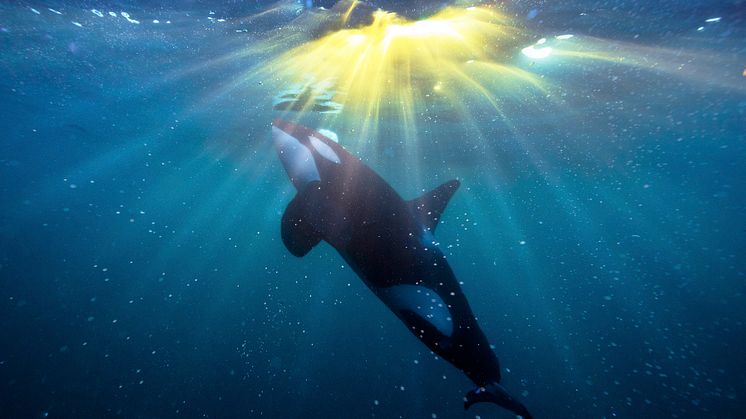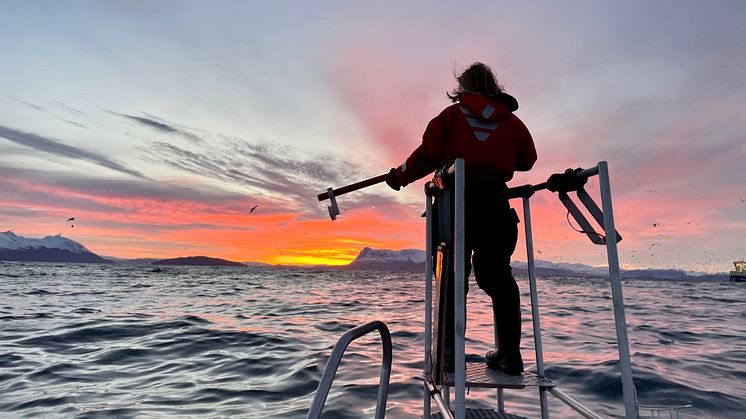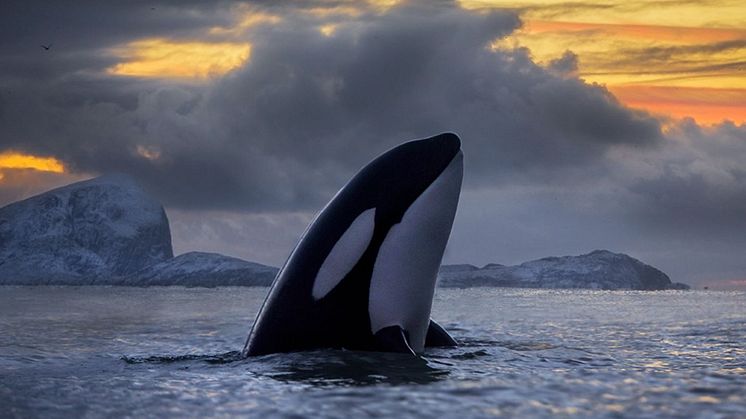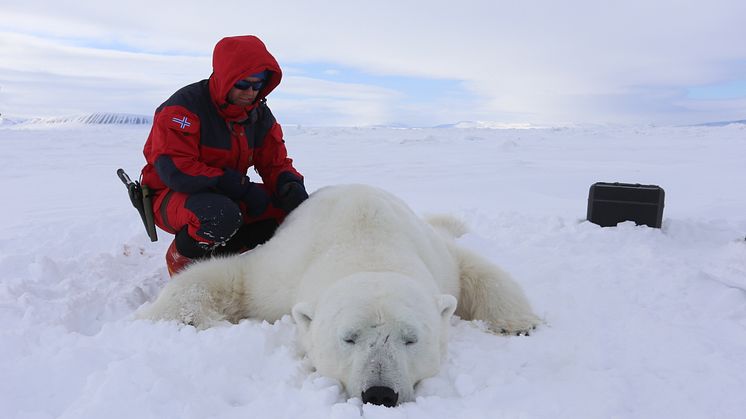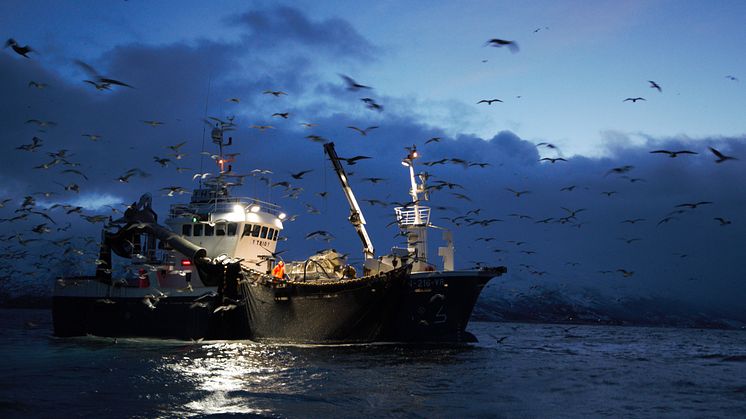Full title: Moving from field studies to ex vivo models for understanding and predicting toxicological responses to multiple stressors in marine mammals
Funding: The Research Council of Norway (the Polar Research program).
Partners: Akvaplan-niva (lead), University of Bergen, the Norwegian Polar Institute, UiT The Arctic University of Norway, the Norwegian Institute for Air Research (NILU), the Norwegian Institute for Water Research (NIVA), Institute of Environmental Assessment and Water Research (CSIC) Spain, Universite Catholique de Louvain (Belgium), University of Abertay.
Primary and secondary objectives of the project:
We will combine experimental and field-based studies, together with the application of toxicogenomic approaches to understand toxicological responses to multiple stressors in marine mammals. We will develop an alternative methodology through an ex vivo precision-cut adipose tissue slices model for killer whales and polar bears, and use it to characterize genome-wide transcriptional and lipidomic responses to pollutants and stress. In parallel, we will conduct correlative field studies to assess potential combined effects with pollutants and stress related to climate change for polar bears and whale tourism for killer whales. The parallel study design enables direct comparisons between both approaches, to examine whether responses observed ex vivo can be also reflected in correlative field studies. We will communicate scientific knowledge generated by the project to a large audience including the scientific community, the public (focusing on young people) and relevant stakeholders.
Project summary: Marine mammals are exposed to a wide range of human-related stressors, causing some potential detrimental health consequences. Killer whales and polar bears are among the most polluted animals on Earth. Killer whales are also in the spotlight of an intense whale tourism, while polar bears are at the forefront of climate change up in the Arctic. Alterations caused by pollutants, and stress related to climate change and whale tourism may thus interact, with possible combined effects associated with serious health consequences. Yet, our understanding in pollutants response in marine mammals remain poorly understood, and there is a lack of knowledge on the consequences when animals must cope with several stressors at the same time. To date, most of our knowledge relies on traditional approaches, which consist in examining the associations between the concentration of pollutants and specific health metrics. Although valuable, this approach suffers from important limitations to establish a mechanistic understanding and a causal link between pollutant exposure and health issues. In SLICE, we propose to complement this approach with the development of an alternative methodology through an ex vivo model. Practically, we will expose small tissue fractions to cocktail of pollutants and/or stress hormones (to mimic other stressors like climate change or whale tourism), and assess how the tissues react and what are the spill-over health related consequences. This is a novel cost-effective ethically sustainable approach to test responses to pollutants and stress separately or simultaneously, which is an important step forward to deepen our understanding of responses to multiple stressors in marine mammals. As charismatic animals, polar bears and whales have a strong potential to raise environmental awareness, and we will strive to communicate to a large audience the scientific knowledges generated by the project on threats of human stressors on marine mammals.
The Research Council Norway project page: https://prosjektbanken.forskni...
Photo: Audun Rikardsen
